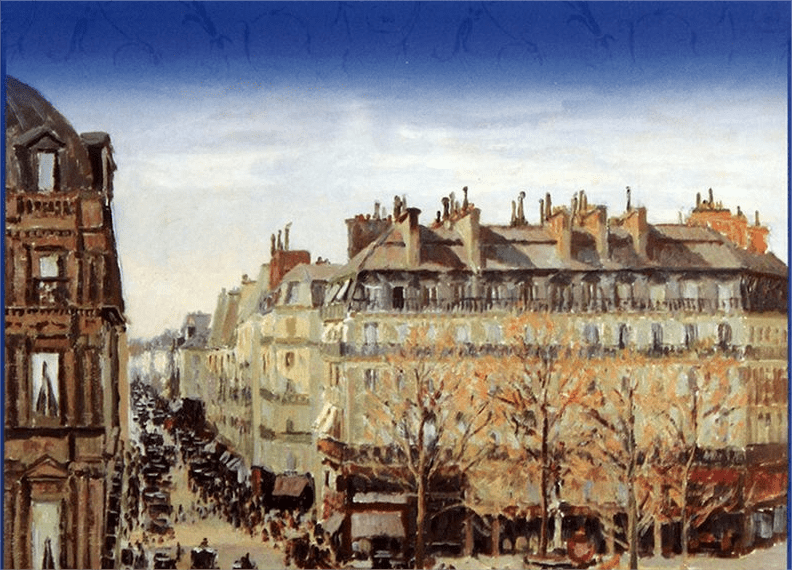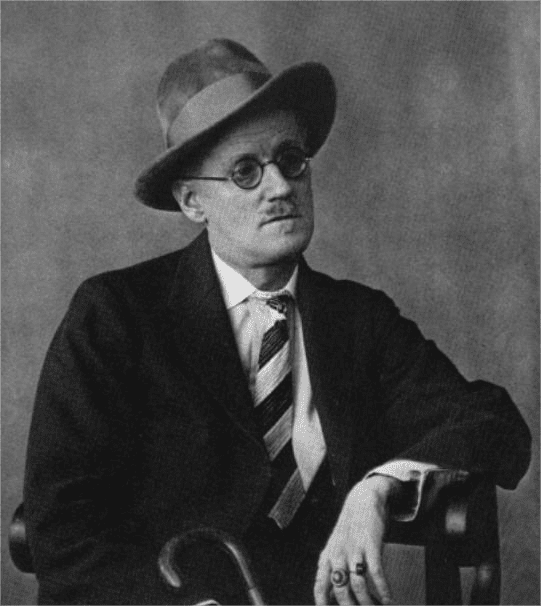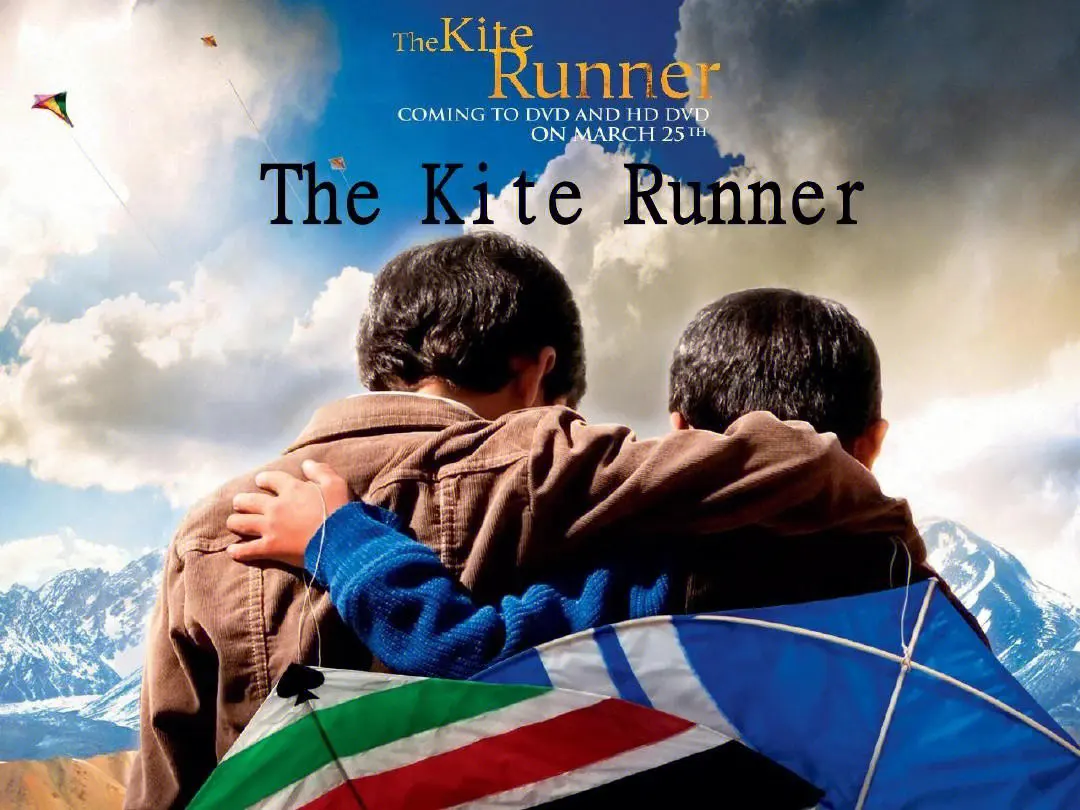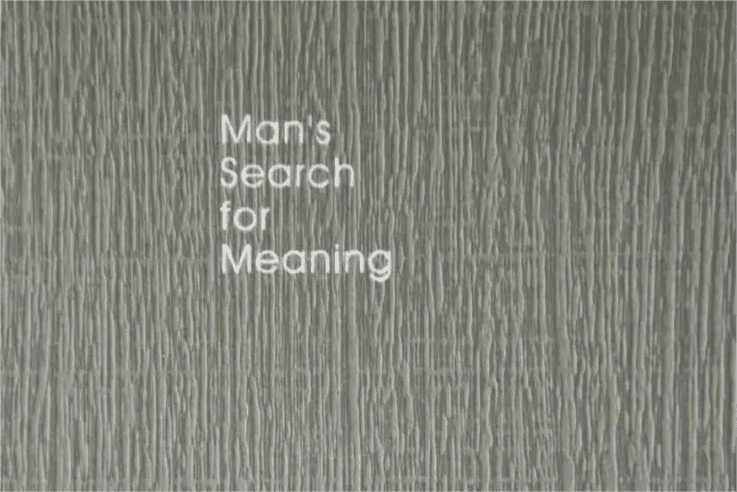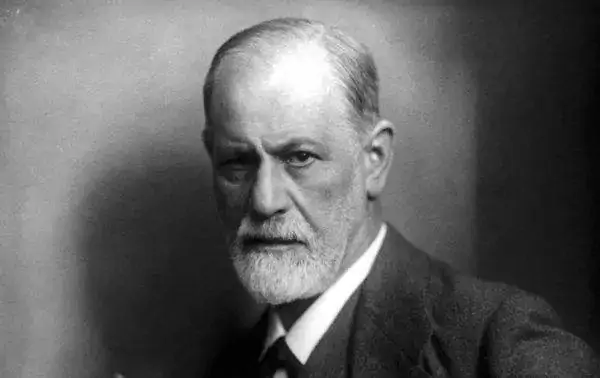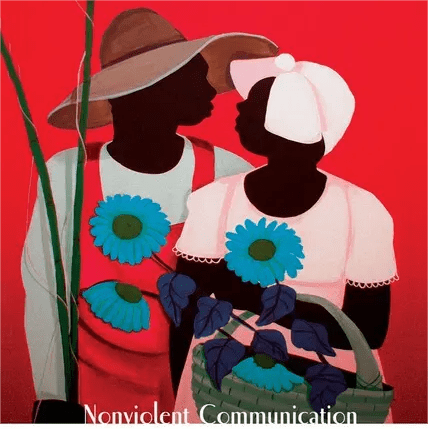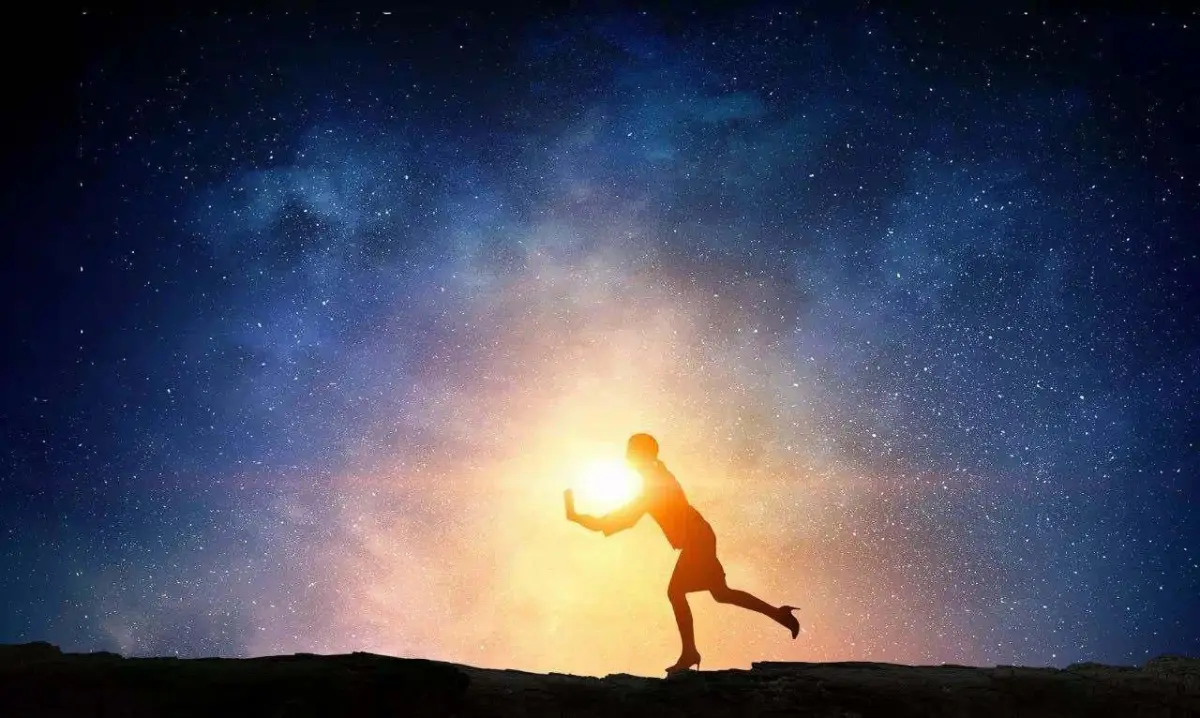How many days passed, how many rainy nights passed; Under the recently turned earth, poor old John. Michele lay alone. Manchior had cried aloud several times, but in less than a week Christophe heard him laughing happily again. When the name of the dead man was mentioned, he became mournful at once, but after a while he began to speak again, finger-wagging, and with good spirits. His sadness was real, but it was impossible to teach yourself to be so depressed.
But these past few days, the old man felt as if he could live to be a hundred. He saw no reason why he should not be more than a hundred, when they said he would surely die, and he saw absolutely no limit to God’s favour. Only his easy tears and increasingly bad temper showed his senility. … ‘Mother! How painful! Like Christophe, the old man cried out for his mother, whom he had never spoken of: was it not a most futile appeal to the greatest terror?
Having come to terms with the death of his grandfather in his eighties, who had not lived to see his hundredth birthday after all, Christophe knew that a destructive force threatened him and that he could do nothing about it. It did not overwhelm him, but it made him even more angry. He was not at all resigned to his fate, but he bent his head and ran straight into the impossible. Though he was bruised and bloodied, though he saw that he was no better than the enemy, he continued to resist the pain. And henceforth his life was a long struggle against the cruelty of fate, because he was unwilling to endure it.
This book by Romain Rolland is so good that I want to cry. If he were still alive, I would join the groupings. He must be my idol. Every day since I opened this book, I have underlined and made notes as I read it. I have never seen a book like this one.
It took me a week and a half to read volume one daybreak, and I started reading volume two yesterday morning. It wrote about the changes in the family caused by grandfather’s death. The biggest source of income of the Croft family and the old man perished together, and the misery of poverty came into the family. The burden on Christophe’s shoulders became extremely heavy, and, freed from the sole control of his grandfather, his father, Manchievo, became more and more addicted, and it was nothing to him if he did not work harder.
The first half was about the death of his grandfather, which John Christopher had witnessed with his own eyes, peering through his fingers or through the half-closed door with growing fear and desire. He had seen his grandfather fall, he had seen his eyes bleed, he had seen his grandfather ‘sinking into nothingness, as if sucked up by a pump… The blood-curdling sound of the phlegm, the mechanical breath like bubbles bursting on the surface of the water, these last breaths indicate that the soul has flown away and the body is trying to hang on.”
But at last he died, he was gone, gone forever, and he would never return.
Like Christopher, I have had to know death for as long as I can remember, about six years old, the sleep that put my grandmother to sleep, and nine years old, when my grandfather died, and I, like him, knew what death was, thought about it for so long, and feared it for so long, that I knelt before that motionless body, not looking up, trying to see its face through my fingers, It must have been dreadful to find him, like his grandmother, covered with soft cotton over his swollen face, and not to see him again.
At the age of thirteen, I visited my dying grandmother with my mother, eight children, eighteen children. I was my mother’s only child, but to my mother’s mother, I was a dispensable granddaughter. I didn’t even go to her funeral. In sixth grade, my father was less important to his daughter than attending her grandmother’s funeral.
However, I also have a grandmother who loves me as much as a granddaughter — my mother, a godmother, from the age of six, every year I go to the holiday, because children naturally love those who love their own people, she likes her own grandchildren, but also like me without a trace of blood relations. She died before I took part in the work, the last summer vacation of the school days, on the way to her funeral, I cried more than the Ganniang fierce, as I cried my own grandmother’s death at the age of six, but at the age of twenty-one, I cried not only the death of the dry grandmother, but also cry the world of all kinds of sadness, cry that many joys and sorrows, cry born and many people have to many unhappy.
When my grandfather died, I had not yet graduated, and I was in love with my husband, then my boyfriend, and he sat with me as I prepared for the final exam of my school years — the one exam that would make or break the assignment of a job, and I still didn’t take it. My child’s world was black and white, and I remembered my grandfather as a Grandet. I remember it vividly because I picked a toon bud from a tree and he punched me in the head a few times. So I didn’t like my mother’s father who didn’t love children at all. Naturally, I hated such a cruel old man as opposed to my father who loved me as his life.
As an adult, I understand how my grandparents felt, how hard they had to raise their children and how difficult it was to live their lives, and I deeply sympathize with their lives that are now gone. But that doesn’t make me sad, nor does it make me regret that I missed their funerals. Each person’s heart to order their feelings for a lifetime of people after all is one of the few, not because of callousness, just because again sentimental people they are only willing to be sentimental things, for their own worth of people and things to worry, after all, people’s life is so short.
But “a man does not know anything about death until he has seen it, and knows neither life nor birth. Everything was suddenly shaken; Reason is of no use. You think you’re alive, you think you’ve had some life experience, and then you realize you know nothing, you see nothing; You live behind a veil of self-deception which your spirit has woven up to hide the terrible reality.”
The idea of suffering has nothing to do with a person’s actual bleeding and suffering. The idea of death has nothing to do with the convulsions of flesh and spirit that struggle and die. All the words and all the wisdom of man are puppets’ tricks in comparison with the horror of reality: and man is only a walking corpse, trying with all his might to hold on to his life, which is decaying every minute.
Luisa, the mother of Christophe, was as weak and Stoic as ever. She accepted her father-in-law’s death without a word. Only she and Gottfried, the children’s uncle, showed a touching interest in the little plot where the old man lay. The former went to clean the cemetery every day, and the latter either did not come, but brought a gift, and it was not to beat drums, which he always did without telling anyone.
It was his uncle who accompanied Christophe unsympathetically, for it would have been better for him to cry, and then, instead of offering useless comfort, as his nephew expected, taught him to face the truth: “How dare you, but what can you do? That’s what’s going on. You just have to bear it.”
He thought that God should do what he wanted, and that men should like what he liked, even if Christophe could not stop himself from gnashing his teeth with hatred. He had a rage in his heart, and though he was muttering humble words, he hated the terrible thing and the demonic master who had caused it, and he wanted only to rebel against it.


